25 Fun Facts About Science & History
Get the world’s most fascinating discoveries delivered straight to your inbox.
You are now subscribed
Your newsletter sign-up was successful
Want to add more newsletters?

Delivered Daily
Daily Newsletter
Sign up for the latest discoveries, groundbreaking research and fascinating breakthroughs that impact you and the wider world direct to your inbox.

Once a week
Life's Little Mysteries
Feed your curiosity with an exclusive mystery every week, solved with science and delivered direct to your inbox before it's seen anywhere else.

Once a week
How It Works
Sign up to our free science & technology newsletter for your weekly fix of fascinating articles, quick quizzes, amazing images, and more

Delivered daily
Space.com Newsletter
Breaking space news, the latest updates on rocket launches, skywatching events and more!

Once a month
Watch This Space
Sign up to our monthly entertainment newsletter to keep up with all our coverage of the latest sci-fi and space movies, tv shows, games and books.

Once a week
Night Sky This Week
Discover this week's must-see night sky events, moon phases, and stunning astrophotos. Sign up for our skywatching newsletter and explore the universe with us!
Join the club
Get full access to premium articles, exclusive features and a growing list of member rewards.
This metal is liquid at standard room temperature
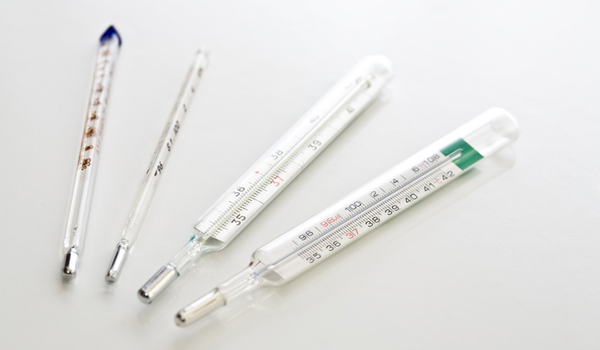
Mercury is the only metal that is liquid at standard room temperature and pressure. That's because the electrons that spin around the nucleus of a mercury atom have just weak links or bonds with other mercury atoms at room temperature, keeping the metal in a liquid state, according to the Discovery Channel.
Bras were made for comfort?
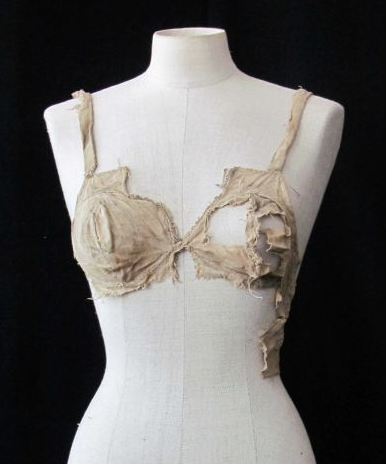
Modern bras didn't come into fashion until the corset fell by the wayside in the late 1800s. But researchers poking around in a scrap pile in an Austrian castle have found linen bra-like garments dating back 600 years.
Seahorses have high metabolisms
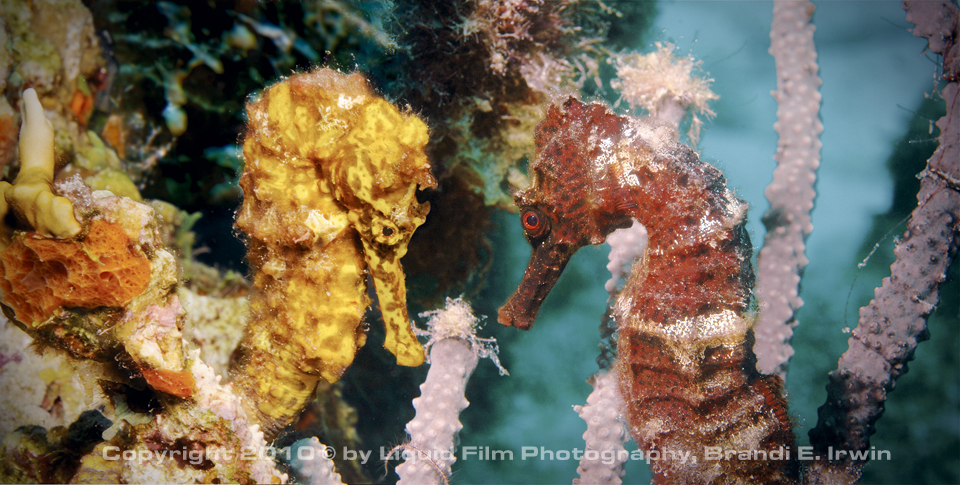
Seahorses don't have stomachs, just intestines for the absorption of nutrients from food. Food passes through their digestive system rapidly, so they eat plankton and small crustaceans almost constantly.
Corpse flowers are stinky blooms
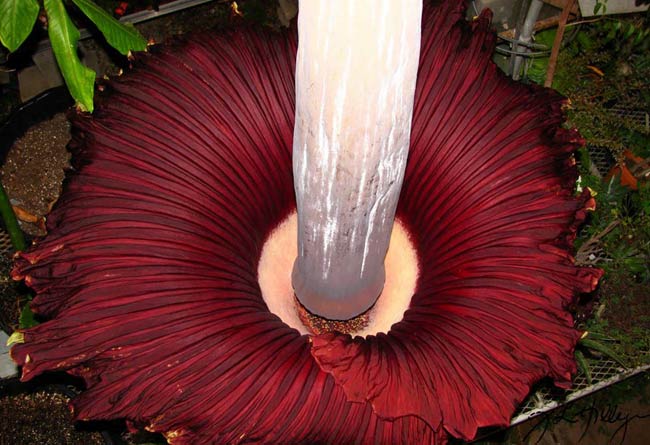
Amprophophallus titanium blooms with clusters of flowers that can reach 10 feet (3 m) in height. But these petals smell so much like rotting flesh that the plant is known as the "corpse flower."
Bladderworts are quick little buggers
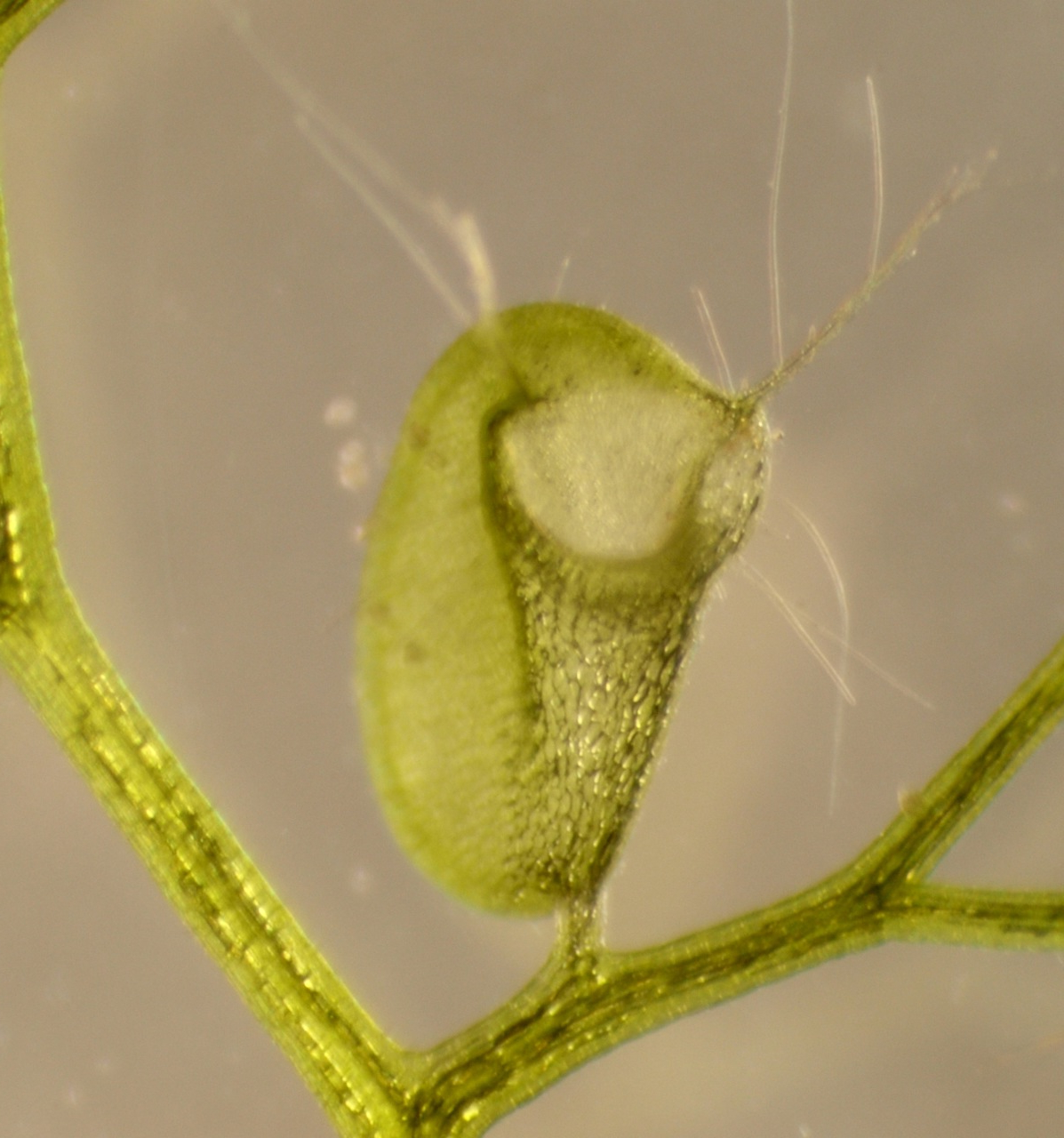
Carnivorous, bog-dwelling plants called bladderworts can snap their traps shut in less than a millisecond, 100 times faster than a Venus flytrap.
Now what? See our 50 Interesting Facts about Earth.
Get the world’s most fascinating discoveries delivered straight to your inbox.

Stephanie Pappas is a contributing writer for Live Science, covering topics ranging from geoscience to archaeology to the human brain and behavior. She was previously a senior writer for Live Science but is now a freelancer based in Denver, Colorado, and regularly contributes to Scientific American and The Monitor, the monthly magazine of the American Psychological Association. Stephanie received a bachelor's degree in psychology from the University of South Carolina and a graduate certificate in science communication from the University of California, Santa Cruz.
 Live Science Plus
Live Science Plus





